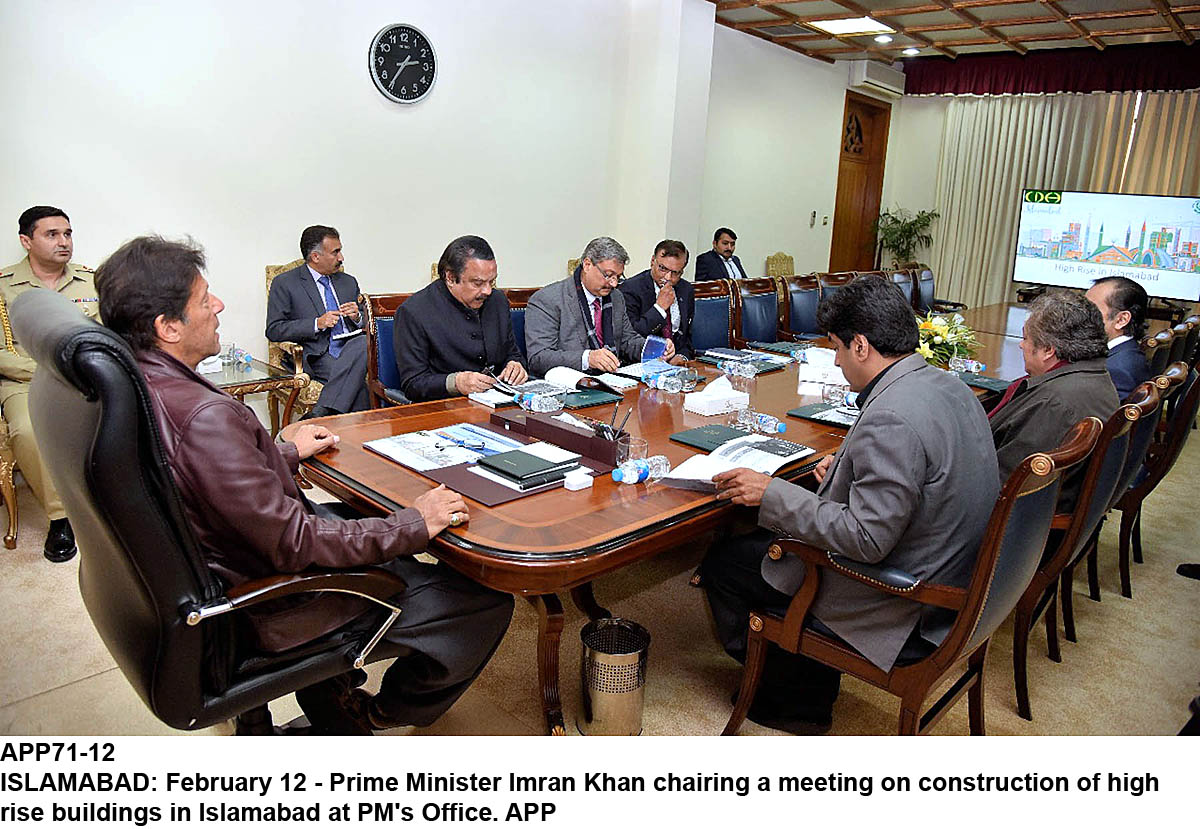LAHORE: Kidney patients suffering from chronic kidney failure in Lahore will no longer have to wait for their turn in the list of advanced booking, as Mayo Hospital has started offering dialysis services a life-saving procedure for those who want it on an emergency basis.
A patient requires a minimum of two dialyses a week. Once the kidneys of a person stop working, regular dialysis is the only way of keeping the patient alive. A kidney transplant is a long-term solution to kidney failure, but the surgical procedure costs a minimum of Rs 3 million to Rs 4 million.
Patients needing this life-saving procedure in an emergency situation on a daily basis are refused dialyses at public hospitals, because the facility was only available to booked patients and not to emergency patients. Hence, anyone needing a dialysis used to get a card made at some dialysis unit and then they could get dialysis.
A source told Daily Times that a meeting had been held on December 21 to finalise the development of the emergency treatment facility at Mayo Hospital. He said that Mayo Hospital Chief Executive Officer Prof Asad Aslam Khan chaired the meeting, while East Med
ical Ward Chairman Prof Irshad Hussain, North Med
ical Ward head Dr Sajid Abaidullah, Urology Department head Dr Junaid Habib Khan, Associate Prof Urology Unit-I Dr M Akhlaq, West Med
ical Ward AP Dr Nasir Farooq Butt, West Med
ical Ward AP Dr Rabia Rathore,
Nephrology Dept AP Dr Irfan Elahi and Saeed Ahmed attended the meeting.
The meeting discussed in detail the matter of provision of dialysis facility to those patients who come to the emergency ward in the evening or night
, and had been advised emerge
ncy dialysis by the physician. He said that after the input from all the participants, it was decided that the departments of
Nephrology, Urology and East Med
ical Ward would keep two machines available for such patients in the evening and night. The hospital’s administration will provide two nurses – one each for evening and night shifts – in East Med
ical Ward and two nurses and two attendant peons in the
Nephrology Department. Any person requiring emerge
ncy dialysis will be referred to the on-duty deputy medical superintendent (DMS) in the evening and night shifts, who will then contact the
Nephrology, Urology and East Med
ical Ward about the availability of the dialysis machine
, and then refer the patient to that unit.
It was also decided that a patient or his/her attendant would not be asked to shuttle between the wards to find out if the machine was available. The
Nephrology, Urology and East Med
ical Ward will provide monthly duty roster of medical officer in-charge of the dialysis machine in the evening and night shifts. Mayo Hospital’s Dr Salman Kazmi said there was no emerge
ncy dialysis facility for kidney failure patients in the past. “They had to visit the nearby private hospitals and pay a high price.” He said that now machines had been reserved at Mayo Hospital for patients coming to emergency ward
, and it would save a number of lives on a daily basis. He stressed that the same protocol of emerge
ncy dialysis facility needed to be followed at other government hospitals.










